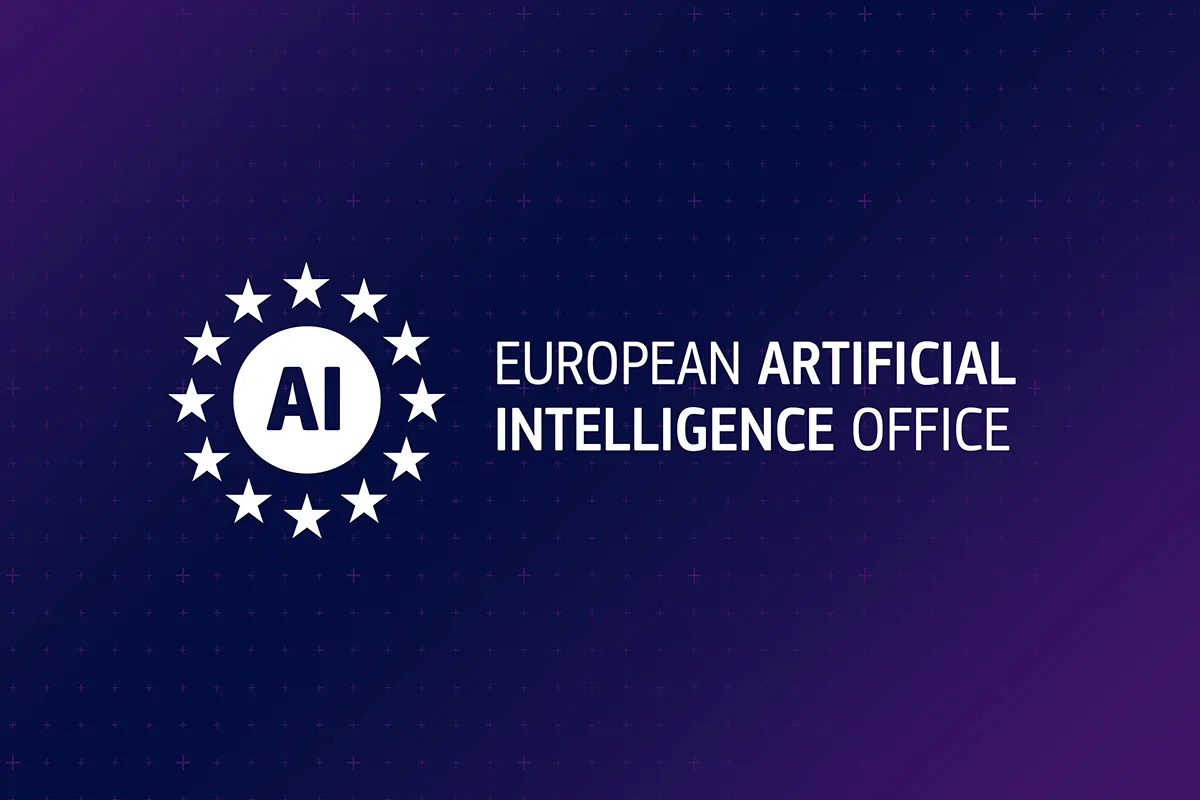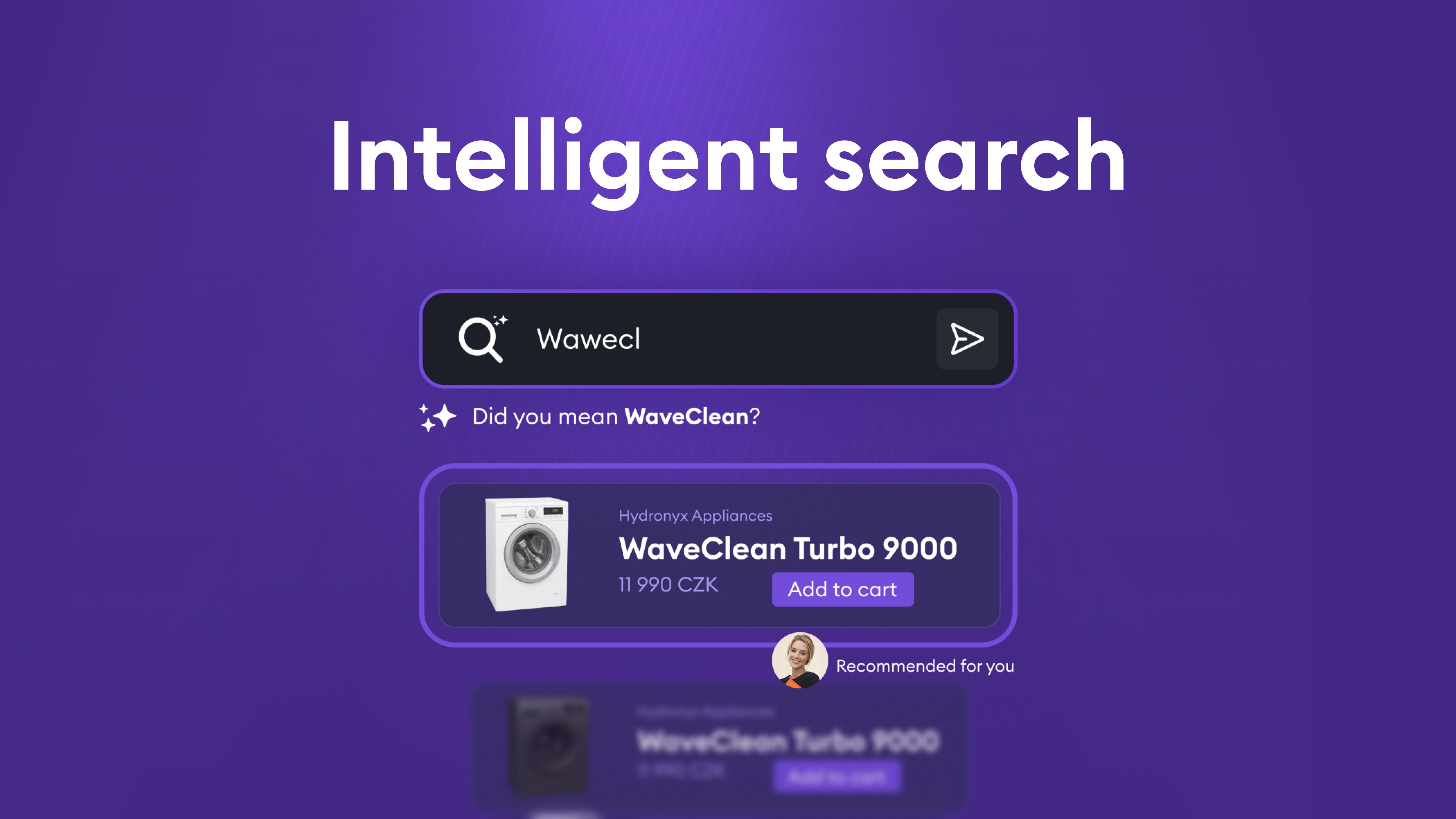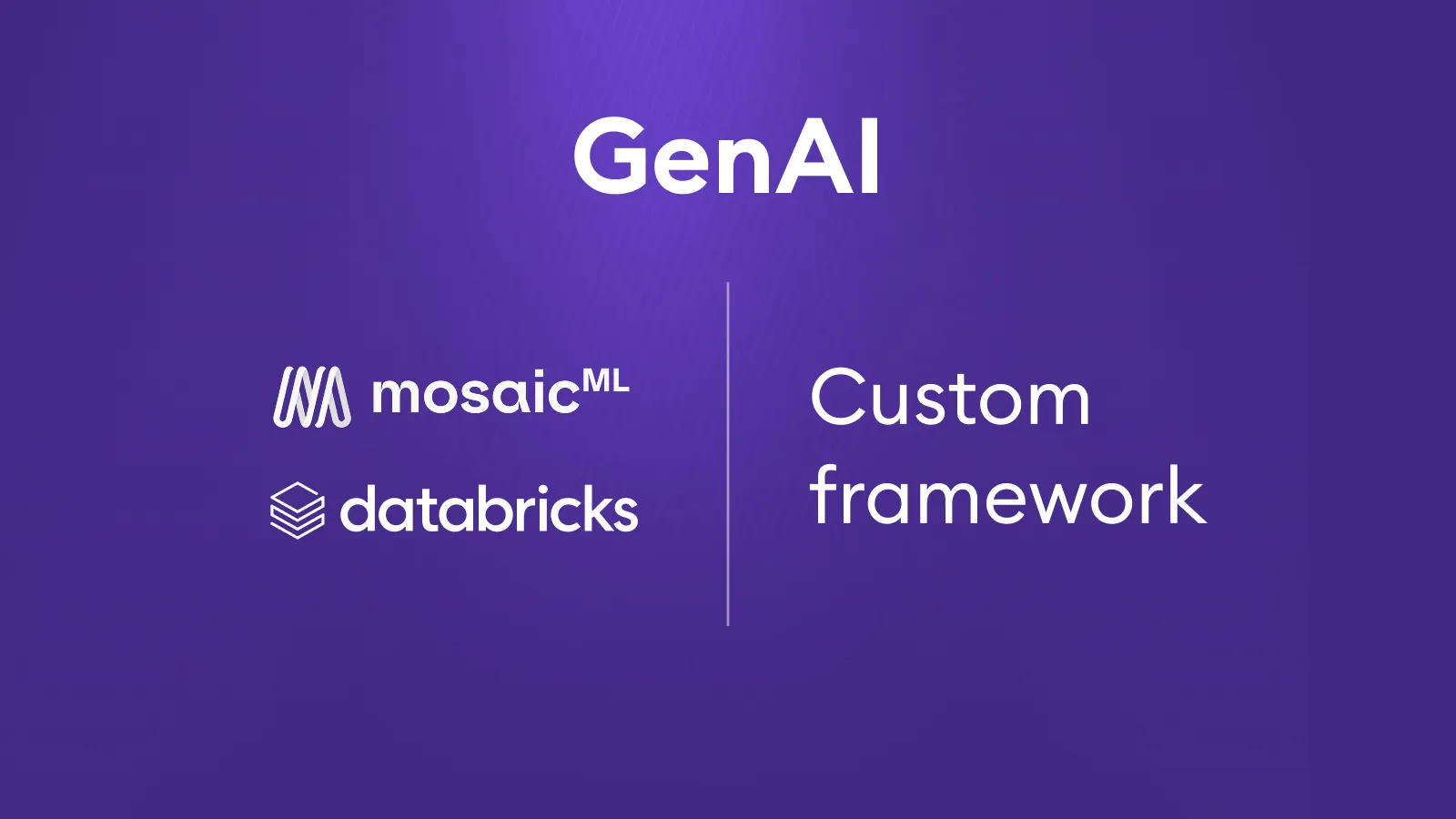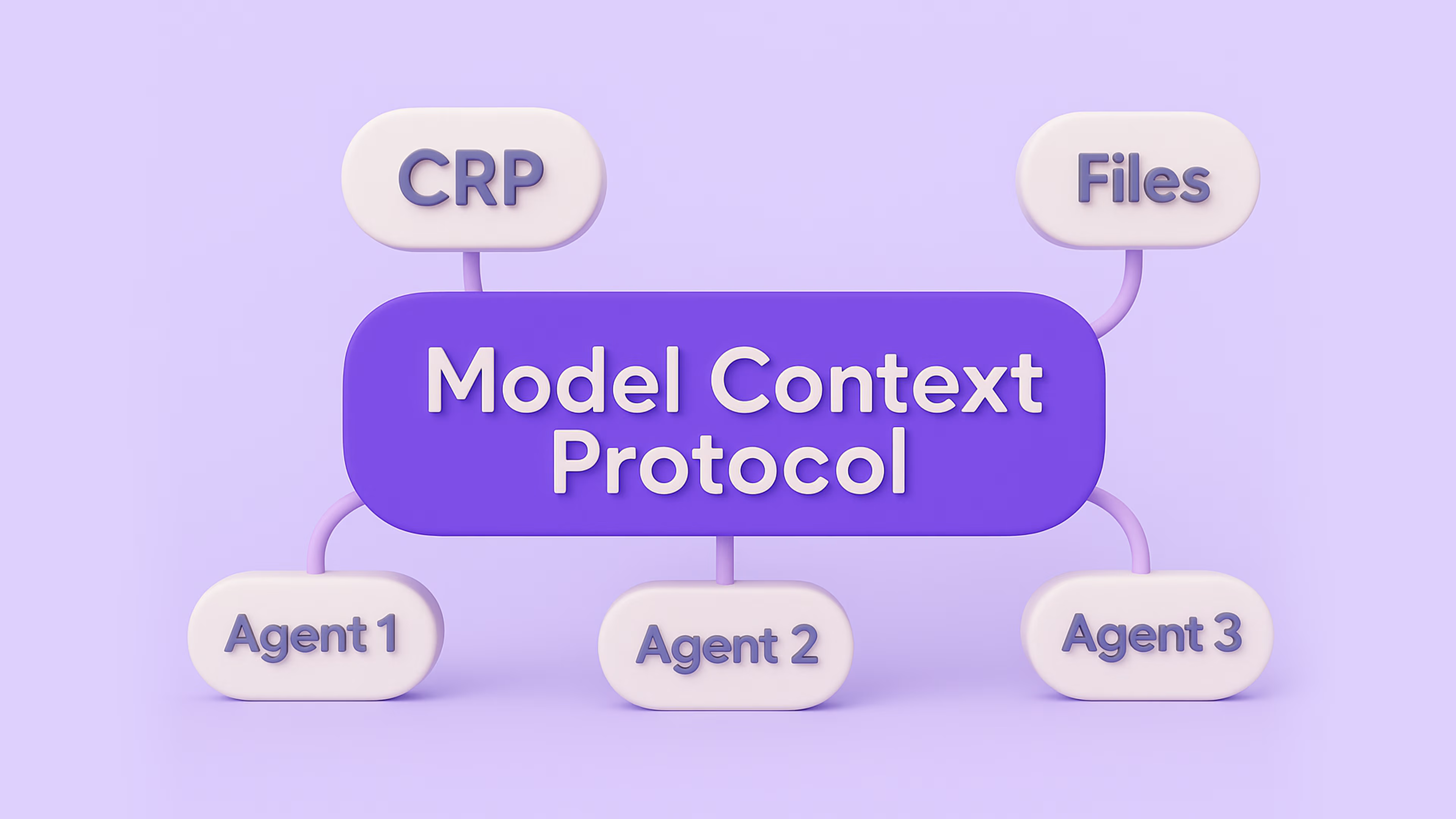What the AI Act is and why it was introduced
The AI Act is the first EU-wide law that sets rules for the development and use of artificial intelligence. The rationale behind this legislation is clear: only with clear rules can AI be safe, transparent, and ethical for both companies and their customers.
Artificial intelligence is increasingly penetrating all areas of life and business, so the EU aims to ensure that its use and development are responsible and free from misuse, discrimination, or other negative impacts. The AI Act is designed to protect consumers, promote fair competition, and establish uniform rules across all EU member states.
Who the AI act applies to
The devil is often in the details, and the AI Act is no exception. This legislation affects not only companies that develop AI but also those that use it in their products, services, or internal processes. Typically, companies that must comply with the AI Act include those that:
- Develope AI
- Use AI for decision-making about people, such as recruitment or employee performance evaluation
- Automate customer services, for example, chatbots or voice assistants
- Process sensitive data using AI
- Integrate AI into products and services
- Operate third-party AI systems, such as implementing pre-built AI solutions from external providers
The AI Act distinguishes between standard software and AI systems, so it is always important to determine whether a solution operates autonomously and adaptively, meaning it learns from data and optimizes its results, or merely executes predefined instructions, which does not meet the definition of an AI solution.
Importantly, the legislation applies not only to new AI applications but also to existing ones, including machine learning systems.
To save you from spending dozens of hours worrying whether your company fully complies, BigHub is ready to handle AI Act implementation for you.
What the AI Act regulates
The AI Act defines many detailed requirements, but for businesses using AI, the key areas to understand include:
1. Risk classification
The legislation categorizes AI systems by risk level, from minimal risk to high risk, and even banned applications.
2. Obligations for developers and operators
This includes compliance with safety standards, regular documentation, and ensuring strict oversight.
3. Transparency and explainability
Users of AI tools must be aware they are interacting with artificial intelligence.
4. Prohibited AI applications
For example, systems that manipulate human behavior or intentionally discriminate against specific groups.
5. Monitoring and incident reporting
Companies must report adverse events or malfunctions of AI systems.
6. Processing sensitive data
The AI Act regulates the use of personal, biometric, or health data of anyone interacting with AI tools.
Avoid massive fines
Penalties for non-compliance with the AI Act are high, potentially reaching up to 7% of a company’s global revenue, which can amount to millions of euros for some businesses.
This makes it crucial to implement the new AI regulations promptly in all areas where AI is used.
Let us handle AI Act compliance for you
Don’t have dozens of hours to study complex laws and don’t want to risk huge fines? Why not let BigHub manage AI Act compliance for your company? In collaboration with the largest czech-slovak (with international scale) law firm HAVEL & PARTNERS, we help clients worldwide implement best practices and frameworks, accelerate innovation, and optimize processes, and we are ready to do the same for you.
We offer turnkey AI solutions, including integrating AI Act compliance. Our process includes:
- Creating internal AI usage policies for your company
- Auditing the AI applications you currently use
- Ensuring existing and newly implemented AI applications comply with the AI Act
- Assessing risks so you know which AI systems you can safely use
- Mapping your current situation and helping with necessary documentation and process obligations
Conclusion
The EU AI Act is not just another regulation, it is a turning point for how companies in Europe will design, implement, and govern AI. While the rules are complex, compliance is non-negotiable if you want to avoid fines, build trust with customers, and stay ahead of competitors.
BigHub helps organizations turn regulation into opportunity. From risk assessment to implementation, documentation, and ongoing compliance, we ensure your AI systems are safe, transparent, and future-proof.
Get in touch with us today to discuss how we can make your AI Act compliance seamless - contact.








.avif)